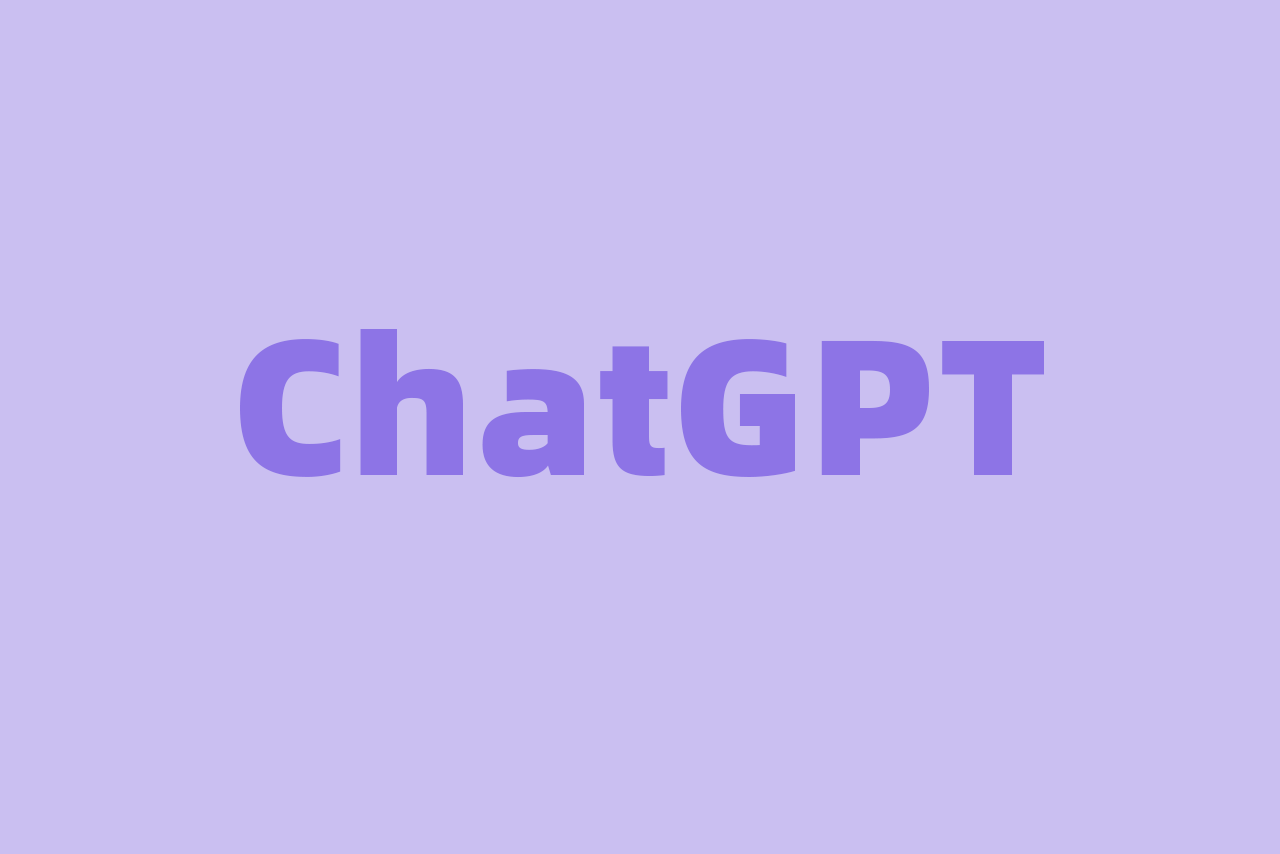Introduction
ChatGPT is a cutting-edge language model developed by OpenAI, which has revolutionized the way we interact with artificial intelligence. The model is capable of generating human-like responses based on the information it has been trained on, making it an ideal tool for a wide range of applications.
One such application of ChatGPT is in the field of search engines. With its ability to understand context and provide accurate and relevant information, ChatGPT has the potential to greatly enhance the way we search for information on the internet. But how does ChatGPT compare to traditional search engines, and what are the pros and cons of each approach?
Search Engines vs. ChatGPT
Traditional search engines, such as Google, rely on keyword-based searches to deliver results. Users enter a query into the search bar, and the search engine uses algorithms to rank and display the most relevant results. While this approach can be effective in finding specific information, it can also lead to overwhelming and irrelevant results, making it difficult for users to find the information they are looking for.
On the other hand, ChatGPT offers a more conversational approach to search. The model is trained on a vast amount of text data and can understand the context of a user's request. This allows it to generate more personalized and relevant results, making it easier for users to find the information they need.
Another advantage of ChatGPT is its ability to remember previous interactions. This means that the model can provide more accurate and relevant results over time, as it learns more about a user's interests and preferences.
One of the main benefits of traditional search engines is the sheer scale of their index. Search engines like Google have crawled billions of web pages, making it possible to find information on almost any topic. This makes it easier to find information on a wide range of topics, from news and current events to scientific research.
However, the vast amount of information available on the internet can also make it difficult to find accurate and relevant information. With the rise of fake news and misinformation, traditional search engines can struggle to provide trustworthy results.
Advantages of ChatGPT for Search
One of the main advantages of ChatGPT is its ability to provide personalized and relevant results. With its understanding of context and the ability to remember previous interactions, ChatGPT can provide users with a more focused and relevant search experience.
For example, if a user is searching for information on a specific topic, ChatGPT can provide recommendations based on the user's previous search history and interests. This can help users to find information more efficiently, and can also help to minimize the risk of misinformation.
Another advantage of ChatGPT is its ability to understand natural language. This means that users can enter their search queries in a conversational manner, making it easier to find the information they are looking for. This can be particularly useful for complex search queries, as ChatGPT can help users to refine their search terms and find more accurate results.
Disadvantages of ChatGPT for Search
One of the main disadvantages of ChatGPT for search is its relatively small index compared to traditional search engines. While ChatGPT has been trained on a vast amount of text data, its index is limited to the information that has been included in its training data.
This means that ChatGPT may not be able to find information on new or obscure topics, as it may not have been trained on the relevant data. This is in contrast to traditional search engines, which can find information on almost any topic, provided it is available on the internet.
Another disadvantage of ChatGPT is its dependence on internet connectivity. In order to provide accurate and relevant results, ChatGPT relies on real-time access to its training data and models. This means that users must have an active internet connection in order to use ChatGPT for search.
In addition, the conversational approach of ChatGPT can sometimes lead to longer search times, as users may need to engage in multiple rounds of dialogue with the model in order to refine their search terms and find the information they are looking for. This can be a drawback for users who are in a hurry and need quick results.
Conclusion
ChatGPT has the potential to greatly enhance the way we search for information on the internet, offering a more personalized and relevant search experience. However, it also has its limitations, such as a smaller index and the need for an active internet connection.
In the end, the choice between ChatGPT and traditional search engines will depend on the individual needs and preferences of the user. For users who value a more conversational and personalized search experience, ChatGPT may be the better choice. For users who need quick results on a wide range of topics, traditional search engines may be the better option.
Regardless of the approach, the use of AI in search engines is an exciting development that has the potential to greatly improve the way we access information on the internet. As AI technology continues to evolve and advance, it will be interesting to see how ChatGPT and other AI-powered search engines continue to change and shape the way we search for information.
In conclusion, this article highlights the key differences between ChatGPT and traditional search engines, and the advantages and disadvantages of each approach. I hope that this article has provided valuable insights into the future of search engines and has encouraged readers to consider the role that AI and ChatGPT may play in shaping the way we access information on the internet.

